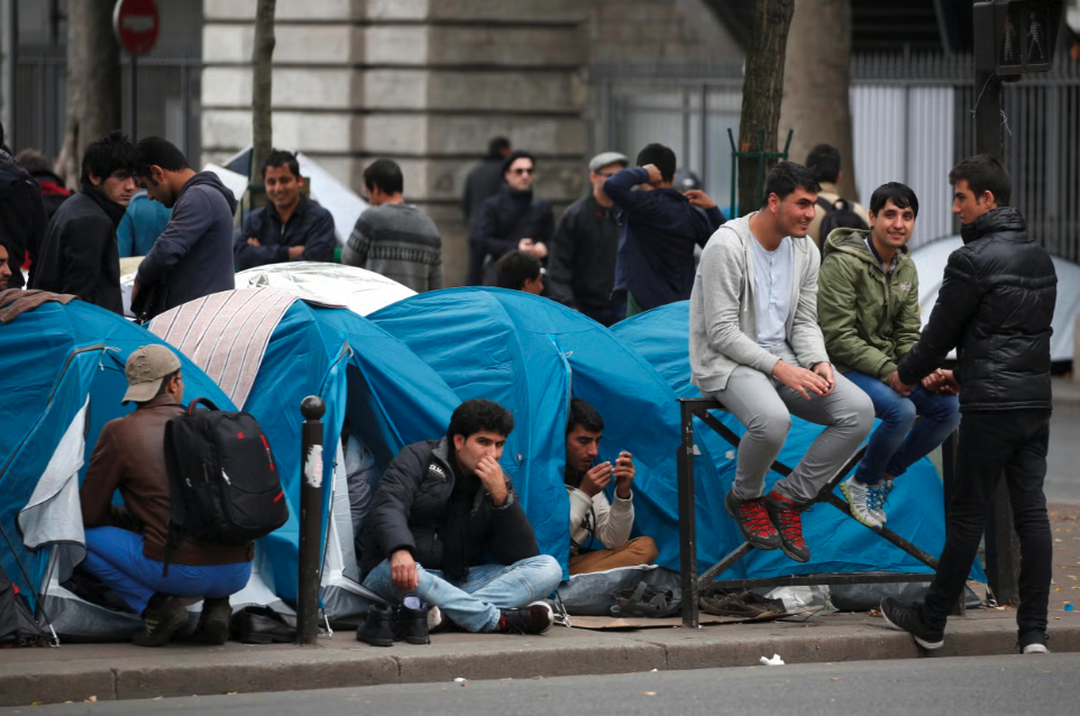Migration is a topic that has been occupying the global community for decades and is increasingly gaining importance. In particular, in recent years, movements of people across national borders have increased dramatically, resulting in profound economic, social, and political consequences both in the countries of origin and the destination countries. The European Union, a significant destination for many migrants, has experienced a significant increase in immigration numbers from 2013 to 2022. In 2022, the number of immigrants from non-EU countries reached its peak with over five million people, while the number of emigrants from the EU was significantly lower. This imbalance leads to a positive migration balance, which poses immense challenges and burdens for the economic systems of the receiving countries.
At the same time, global statistics on refugees show that the number of internally displaced persons and refugees under the UNHCR mandate continues to rise. In 2023, there were 67.08 million internally displaced persons worldwide, a alarming increase compared to previous years. These numbers illustrate the extent of the global migration crisis, which is not only attributable to conflicts and political instability but also to economic inequalities and environmental disasters.







